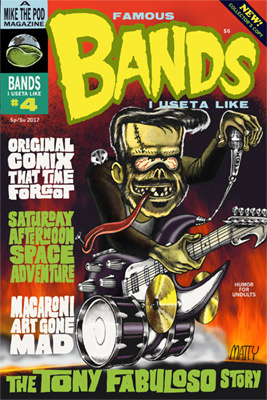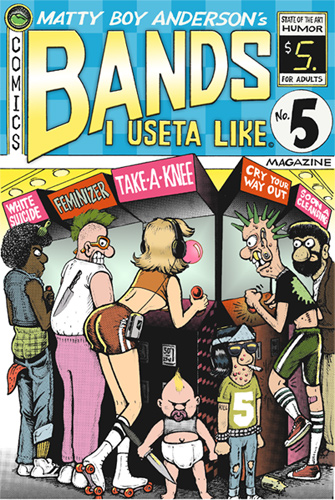Earlier today, I suffered a terrible tumble from my high horse. During yet another lament about the endless saturation of smartphones, my rose-colored recollection of my own childhood was shattered when I realized that in grade school 35 years ago, my generation was gazing at little electronic rectangles too.

They weren’t easy to get, either; I only ever saw them in the windows of weird electronics stores in NYC, the kind of places you’d expect to have a mogwai for sale. Most of the games didn’t take regular batteries, but instead used the teeny watch kind that you had to ask your grandma for (grandmas always had them). Typically, the sound consisted of high-pitched beeps, and could not be turned off, so play was often halted by grown-ups with more hearing than patience.
Continue reading →
Like this:
Like Loading...
Filed under Bad Influences, Faint Signals, Nostalgic Obsessions
Tagged as Digimon, Donkey Kong, Eternal Champions, Game & Watch, Nintendo, Sega Genesis, smartphones, television, video games















You must be logged in to post a comment.